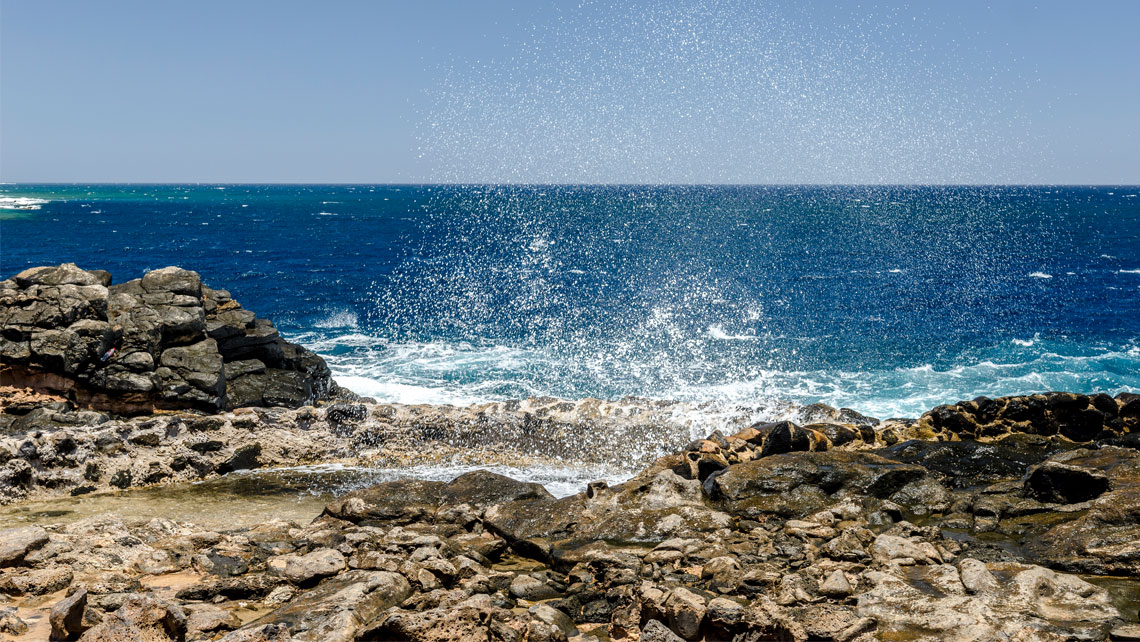Ajman Water Treatment plant, operating under Mohammed Gharib Al Suwaidi Investment HQ in Dubai, is a desalination plant located in Al Zorah area, Ajman City in the United Arab Emirates. The capacity of the plant is 4,600 m3/day, and in the second quarter of 2017, it will be expanding to 9,600 m3/day.
The plant collects seawater from the Arabian Gulf and produces both drinking water for local residents as well as water for bottling companies that have very high-quality requirements. The incoming water includes 42,000 mg per liter of dissolved solids, representing a high amount typical of the sea water in the Arabian Gulf. Eighty percent of the particles are smaller than five microns, typically colloids, which puts a lot of pressure on the membranes used in the desalination process.
Less strain on cartridge filters
Mohammed Gharib Al Suwaidi, the owner and manager of the plant explains that the sea water is first pumped into a settling tank, where Ferix-3 is used to intensify the coagulation of particles. The largest coagulated particles sink to the bottom of the tank, therefore not disturbing the purification process from this phase onwards.
“As the particles that are carried onwards in the process become larger due to Ferix-3, the filter can then catch them more easily. This makes the process much easier to the cartridge filters, which are used later on in the process. With a smaller load of particles the filters stay in shape twice as long as before, lowering our maintenance costs,” explains Mohammed Gharib Al Suwaidi.
There are several cartridge filters at the Ajman desalination plant since effective pre-treatment of water before reverse osmosis is very important when the incoming seawater contains a high amount of colloids. The cartridge filters are placed at two different phases of the process: immediately after the filter and after the collection tank, prior to the water entering the reverse osmosis system.
Many major advantages
Ajman desalination plant is now able to bring down the Silt Density Index (SDI) from more than 5 to 3.2–3.7. In 2017, the plan is to introduce Kemira Superfloc® flocculants together with Ferix-3 in an effort to bring the SDI below 3. Reducing the SDI helps in controlling the fouling of RO membranes, and ultimately means less cleaning, less downtime and less need of RO membrane replacement.
Additionally, compared to ferric chloride that the plant earlier used as a coagulant, Ferix-3 brings less residual iron (responsible of coloring the water and equipment), is much less corrosive and sand filter backwashing is less frequent.
Kemira serves its water treatment customers in the United Arab Emirates via its local representative Haris Al Afaq.
BENEFITS OF FERIX-3
- High purity granulate
- Certified by NSF and meets AWWA standard B406:06
- Excellent performance over a wide pH-range
- Fast coagulation and floc formation
- Faster sludge settling because of heavier and denser flocs
- Lower consumption of alkalinity
- Non-corrosive
- Easy to handle and store

